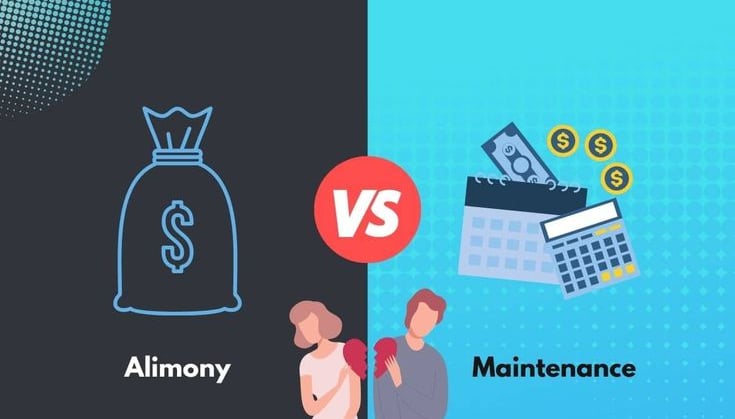AdVocate harshit Sachar | chamber no: 617 | district courts ludhiana | 2817 gurdev nagar ludhiana | ✆+91 7889228369
Alimony vs Maintenance: Legal Differences and Eligibility
Understand the legal distinction between alimony and maintenance in India, and who is eligible for these financial supports after separation or divorce.
Advocate Harshit Sachar
8/5/20251 min read


Alimony vs Maintenance: Legal Differences and Eligibility in India
Financial support after separation or divorce is an essential part of ensuring dignity and survival for a dependent spouse. In India, two terms often arise in this context: alimony and maintenance. Though used interchangeably in casual conversations, they have key legal differences.
What is Maintenance?
Maintenance is a broader concept that includes periodic financial support provided to a spouse, children, or even parents. Under Section 125 of the Criminal Procedure Code (CrPC), a person with sufficient means is legally obligated to support:
His wife (including a divorced wife not remarried),
Minor children (legitimate or illegitimate),
Dependent parents.
Maintenance can also be claimed under personal laws like:
Hindu Adoption and Maintenance Act, 1956
Protection of Women from Domestic Violence Act, 2005
What is Alimony?
Alimony refers specifically to the financial support awarded to a spouse after divorce. It is usually granted as part of divorce proceedings under the Hindu Marriage Act, 1955 or other personal laws. Alimony can be:
Lump sum (one-time payment), or
Periodic (monthly/quarterly installments)
Key Differences
Eligibility Criteria
Courts consider:
Income and earning capacity of both spouses
Standard of living
Financial liabilities
Age and health
Child custody arrangements
Conclusion
Whether it’s called alimony or maintenance, the objective is to protect the weaker party from financial hardship. Legal advice is essential to determine which remedy is best suited to your situation.
Services
Sachar Law Firm – Advocate, Lawyer, Attorney & Solicitor Services in India | Ludhiana, Punjab.
Expert legal advice across various practice areas - Civil, Criminal, Divorce and Matrimonial, Consumer and Corporate laws, Bail Matters, Property Contract Disputes, Insurance claim disputes, cyber Crime cases, Cheque bounce, Family Divisions, Arbitration. Bail Matters, Electricity Board Cases, Appeals before Session court Ludhiana, Marriage certificate, Court Marriage, Succession Certificate Accident Claim (MACT), NRI Legal Matters, NRI Property Matters.
“Get in Touch with Sachar Law Firm”
Quick Links
© 2025. All rights reserved.
Advocate Harshit SACHAR
Legal Blog
2817, 1st Floor , Gurdev Nagar, Ludhiana, Punjab -141001
Address: Office Cum Res:
Corporate Liquidation and Recovery Litigation
☎️ 0161 7965410
